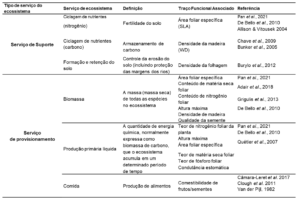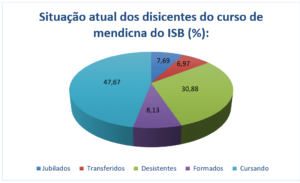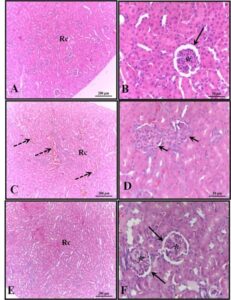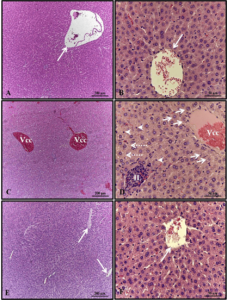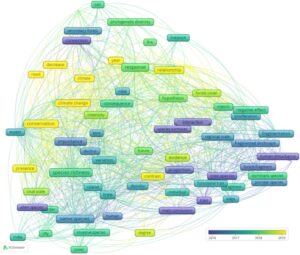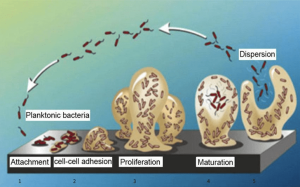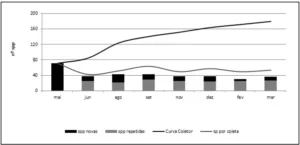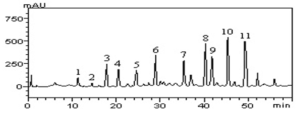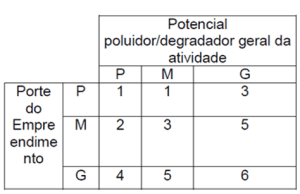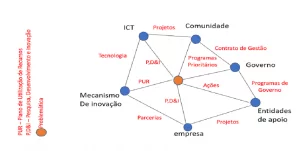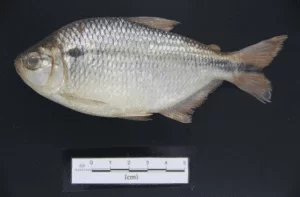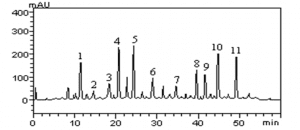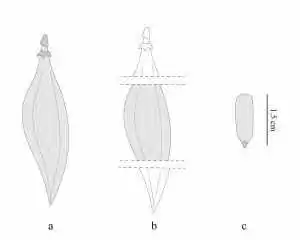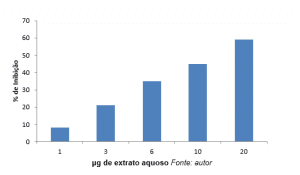LIMA, Tiago Ventura Rodrigues [2]
LIMA, Tiago Ventura Rodrigues. Analysis of the Teaching of Evolutionary Biology Using the Conceptual Framework of Phylogenetic Systematics Versus Traditional Teaching. Multidisciplinary Scientific Journal. Edition 08. Year 02, Vol. 03. pp. 86-87, November 2017. ISSN:2448-0959
In the text, a new concept of evolutionary biology teaching is presented, in which the authors highlight the importance of the use of phylogenetics for the organization and presentation of biological concepts.
The work begins with an introduction about evolutionary concepts and their importance in the development of biology from the nineteenth century. This development is related to the studies carried out by Alfred Wallace and Charles Darwin along with the new ideas of genetics. The authors leave clearly and objectively the importance of studying evolution and the difficulties of teaching it.
Subsequently, the phylogenetic method is presented and how it should be approached in schools, and what draws most attention in the text is how the teaching of traditional biology in Brazilian schools is outdated when compared with the ideals presented by the authors in the body of the text.
In traditional teaching, ideas of evolution are limited and decontextualized in both historical and conceptual terms. According to Roque (2003), evolution is restricted to the old giraffe neck size history, to Lamarck’s theory and to the natural selection of moths in the forests of England during the industrial revolution, to the natural selection proposed by Charles Darwin.
In contrast to the evidence of the lack of dynamics in teaching concepts of biology, especially evolution, the paper presents an excellent proposal for teaching biology through a phylogenetic approach, through which concepts of evolution will be used in a wide range of subjects of the biological sciences, thereby reducing the division of biology into subtopics, as this division is detrimental and makes learning difficult.
Finally, the authors describe the benefits of teaching evolutionary biology using the concepts of phylogenetic systematics and conclude with the importance of phylogenies and literature recommendations for teachers to elaborate their classes with this approach.
The use of concepts of phylogenetic systematics is a great alternative for the teaching of evolution, and not only evolution, but also several other biology topics. With this method, the teaching of biology would no longer have its old linear form, which starts from the simplest to the most complex organism, and would also give a better idea of the temporal dimension of evolutionary changes, as well as a better perception of the groups of ancestors of an organism.
According to the recommendations of the Ministry of Education (MEC), biology teaching should focus on life compression, its organization, interactions, reproduction, transformation and evolution (BRASIL, 2004). With a good use of the concepts presented by the authors, the recommendations of the MEC are easy to be reached with the aid of phylogenetic systematics.
BIBLIOGRAPHIC REFERENCES:
BRAZIL. Ministry of Education. Secretariat of Education and Technology. PCN + High School: Educational guidelines complementary to the national curricular parameters – natural sciences, mathematics and their technologies. Brasília: MEC / Semtec, 2004.
ROQUE, I.R. Giraffes, butterflies and didactic anachronism. Science Today, vol. 34, n. 200, ten. 2003.
[1] WORK: SANTOS, C.M.D .; CALOR, A.R. Teaching of Evolutionary Biology Using the Conceptual Framework of Phylogenetic Systematics – I. Ciência e Ensino, vol. 1, n. 2, jun. 2007. (critical review)
[2] Graduating in biological sciences


